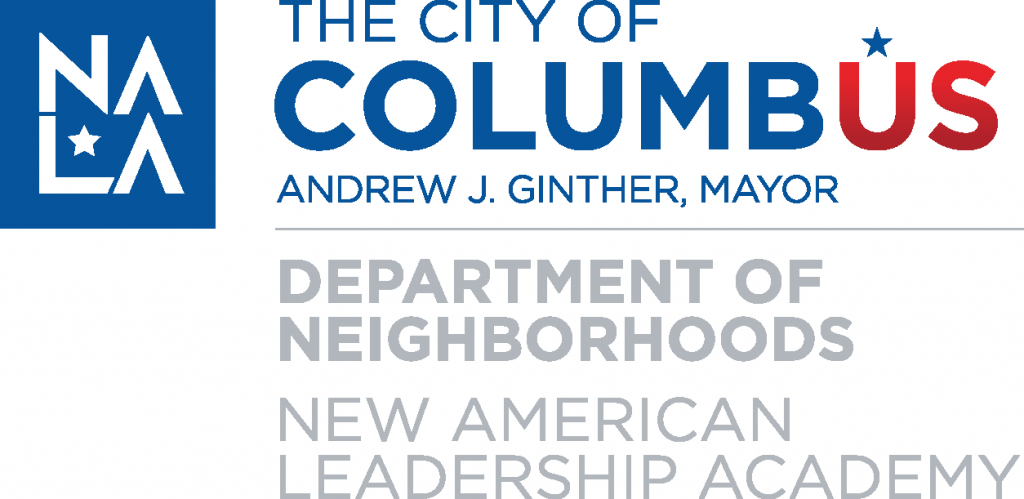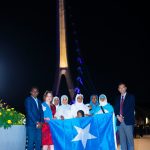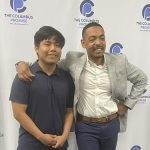By Aarati Chapagai

“What the mind doesn’t know, the eyes don’t see.”
This quote was emphasized by Dr. Dinesh Chuahan at the first New American Youth Mental Health conference held on September 30, 2023.
Titled “Resilient Minds: Empowering Youth,” the event aimed to bring together youths from immigrant and refugee groups in Central Ohio to advocate for mental health and eradicate stigma against it.
Back in July, I, along with five other Bhutanese youths, attended the Mental Health America Annual Conference 2023 in Washington, D.C. We realized how helpful the event was in mass education about mental health and the challenges that come along through various panels, discussion sessions, and activities.
However, we quickly realized how distant western research is in terms of addressing the New American population’s mental health and pain points. This inspired us to take action by creating our own platform, New American Youth Mental Health
The very first conference of its time included professionals, experts, youth advocates, and panelists. All of whom voiced the lack of mental health knowledge within the New American communities.
Led by youth advocates, this conference was a step towards creating a knowledge-sharing platform to address mental health issues as evident in groups of resettled communities and hopefully present relevant research.
As a Bhutanese refugee, I have noticed a lack of language in regards to mental health within my own community. Being a part of this conference along with my peers allowed me to set the stage for dialogue and knowledge sharing. In addition to the speaker sessions, attendees were able to look through the work of a Columbus-based photographer, Sawan Chhetri, which portrays the inner experiences and emotions of mental illness and challenges.
His vibrant imagery sheds light on untold stories and the reality of those who suffer in silence, with an emphasis on resilience.
The conference was intentional in allowing diversity of conversation to inaugurate public mental health dialogue within the broader immigrant communities.
Mr. Lila Chamlagai, a PhD candidate at Brown University, presented on the current stage of Bhutanese refugees remaining in Nepal and in the US. Chamlagai’s research has shown that an inability to read and/or write and a lack of awareness increase depression rates, which, paired with highly visible stigma within New American communities, exasperates outcomes.
However, immigrant communities often leave mental health unaddressed. This shows a clear need for extensive research to define treatment and educate communities on the validity of mental health challenges.
Other experienced professionals shared similar statements: immigrants and refugees often don’t have the knowledge to recognize their own mental health issues. Our goal with this conference is to be visible and advocate for resources, funds, and research to address the mental health challenges our communities are facing.
This is a step towards exposure to minimize stigma and seek help; to broaden community perspectives on mental health and treatment; and to build a platform for community members to ask questions. We must focus on mental health education in order to address mental health. As mentioned before, what the mind doesn’t know, the eyes don’t see.
With an intent to foster this platform, the youth organizers are already at work curating an event for next year.
(Arati Chapagai, a former Bhutanese refugee, is a recent graduate of The Ohio State University with a degree in Psychology. She is an active advocate for mental health and community development.)
Support the New Americans magazine to continue to serve our community with precise news that affect the new American, immigrant and refugee community. https://paypal.com/donate/?hosted_button_id=8LHFS78NRNJJY&source=url





































Leave a Reply
You must be logged in to post a comment.